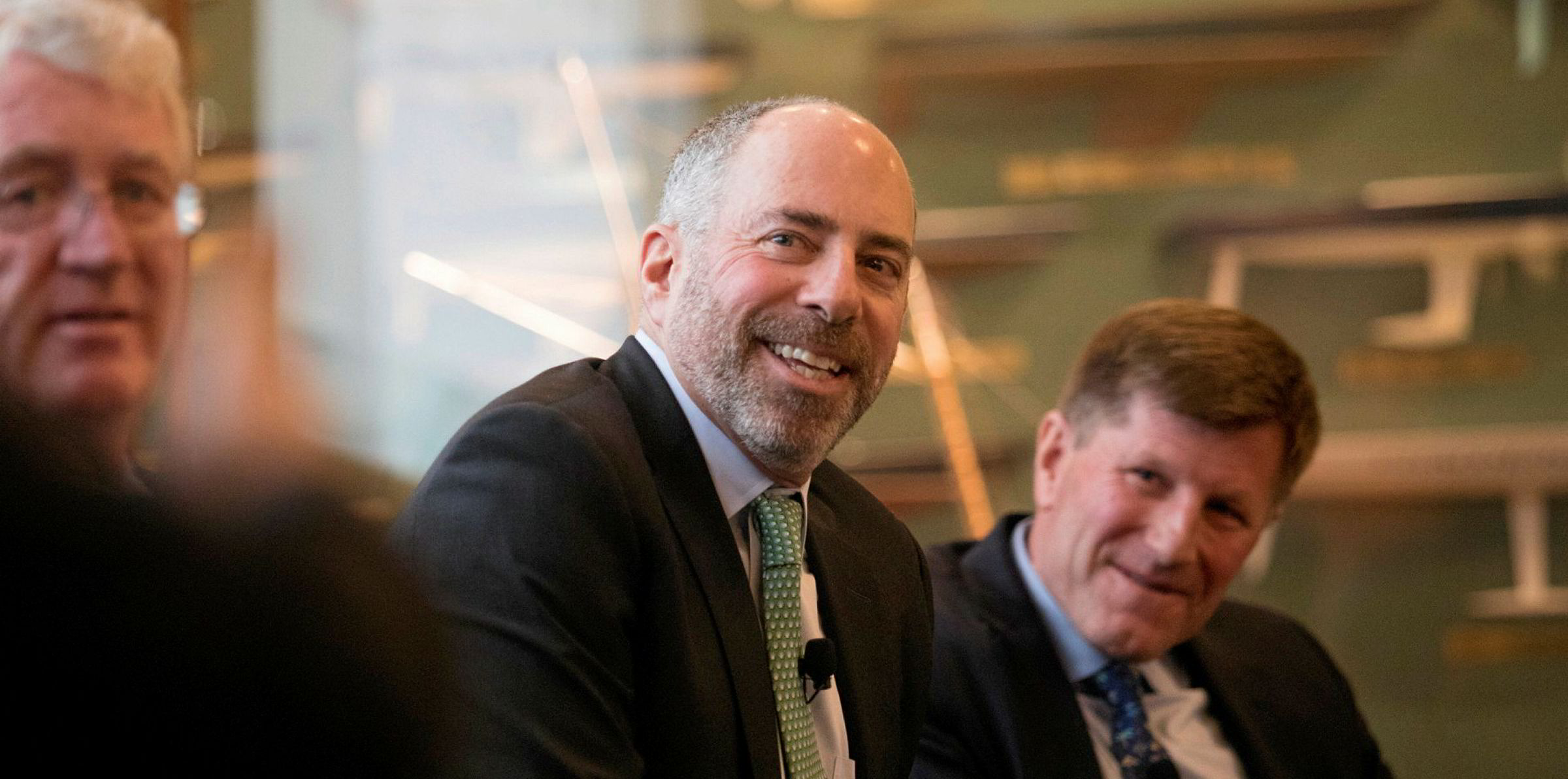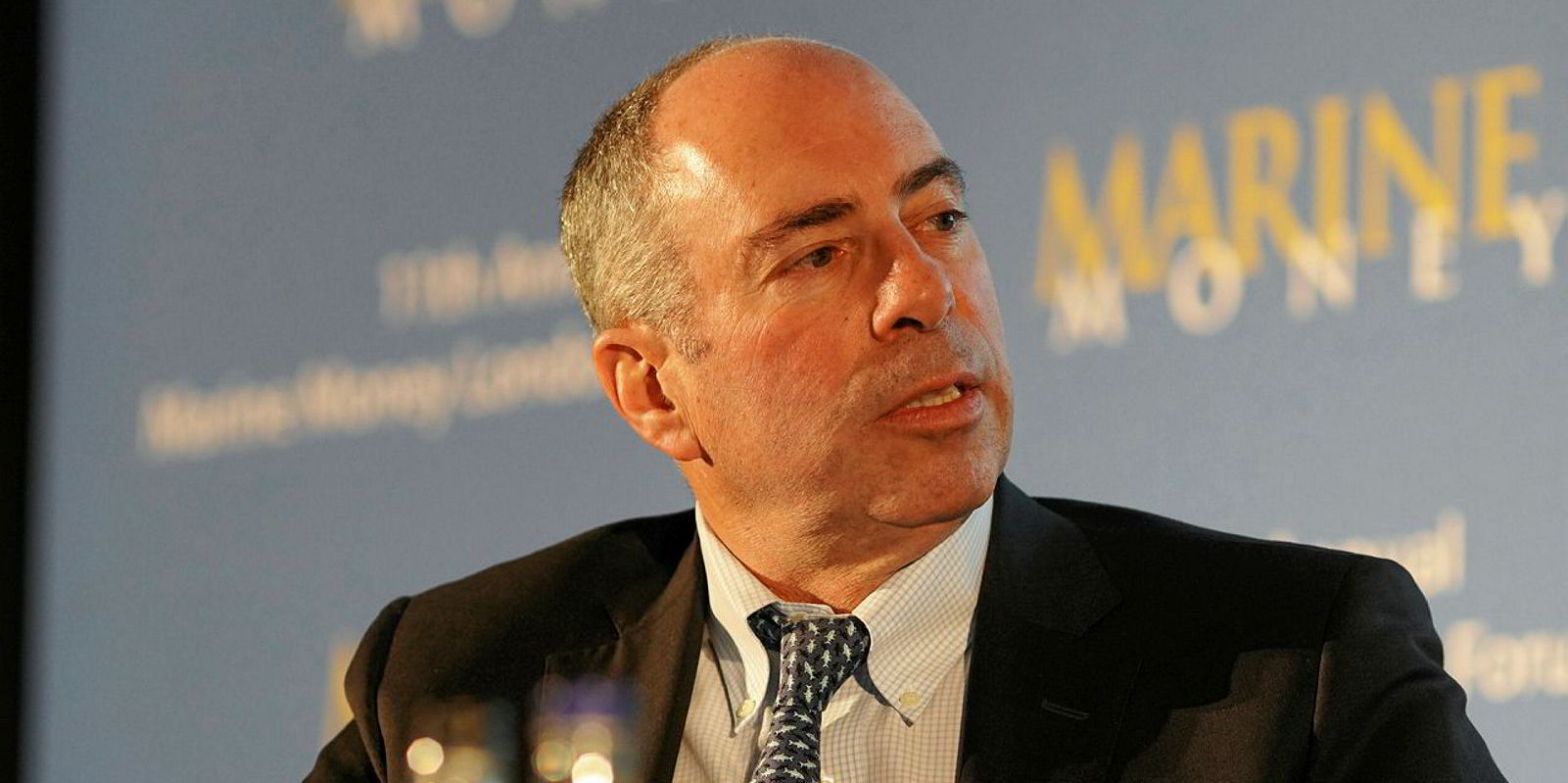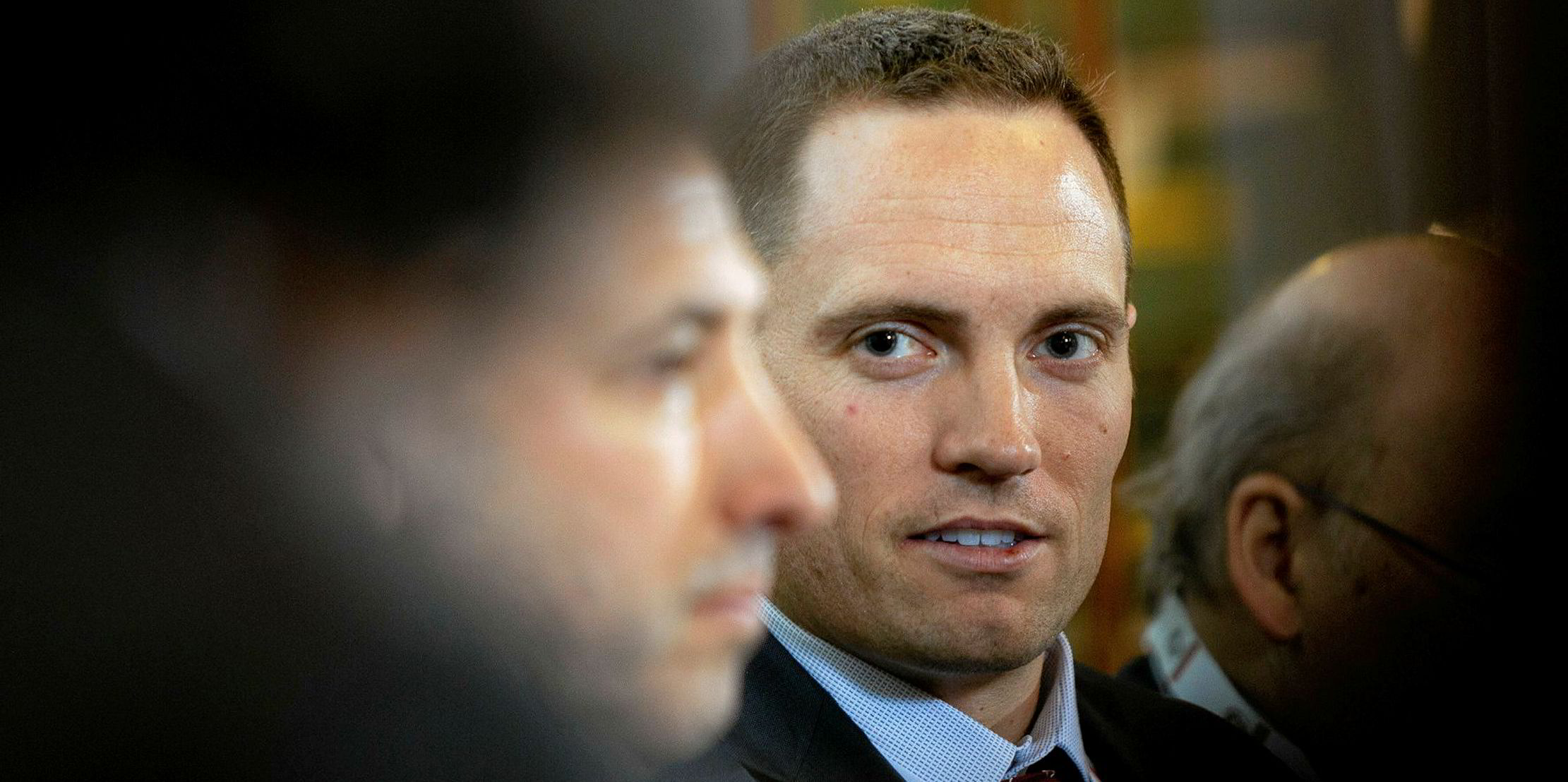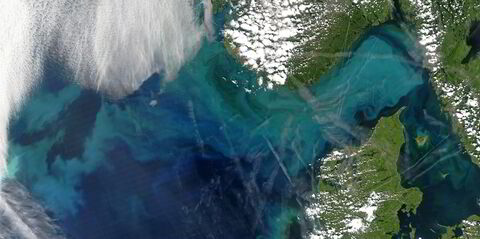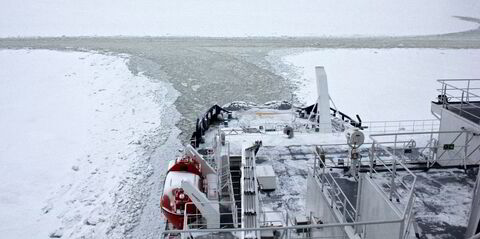Ardmore Shipping thoroughly rejected Hafnia's takeover offer earlier this month, but what kind of deal would the Irish tanker owner go for?
On the company's second-quarter conference call, Value Investor's Edge researcher J Mintzmyer put the question to Ardmore chief executive Anthony Gurnee, who said he evaluates consolidation offers across four criteria.
"We engage in M&A discussions continually. Always in private and always on the basis that they have to be compelling for shareholders," Gurnee said.
"What kind of transaction would make sense? It would be one that improves our performance, is meaningfully accretive, it maintains the quality of governance and listing that we have and it's strategically coherent. I think that would describe it."
On 6 July, BW Group-backed Hafnia made public its mid-June $272m all-stock merger bid for Ardmore.
Hafnia said its deal valued Ardmore at 70% above its net asset value and would create a company large and well-capitalised enough to provide shareholders scale and liquidity.
But later that day, Ardmore disclosed the proposed deal entailed Hafnia swapping 2.4 of its Oslo-listed shares for every Ardmore share.
With that ratio and the exchange rate between the US dollar and the Norwegian krone, Ardmore shareholders were really receiving $3.93 for each share, a discount of nearly a fifth, not a premium.
Analysts said the deal was a lowball offer, but suggested merging to create a bigger company could be beneficial.
Ardmore's second-quarter earnings — which saw its profit grow both sequentially and year on year to $13.6m alongside third-quarter rates in line with competitors — backed up that it could be profitable on its own.
On the call, Gurnee said strong operations, customer service and a solid fleet were more important than scale.
He conceded that a larger market capitalisation may be helpful but "how much more helpful we're really not sure about".
"I'm sure if we had a $2bn or $3bn [market capitalisation], we'd certainly trade better than we do today," Gurnee said.
"We don't observe that we're trading at a disadvantage to other companies."
